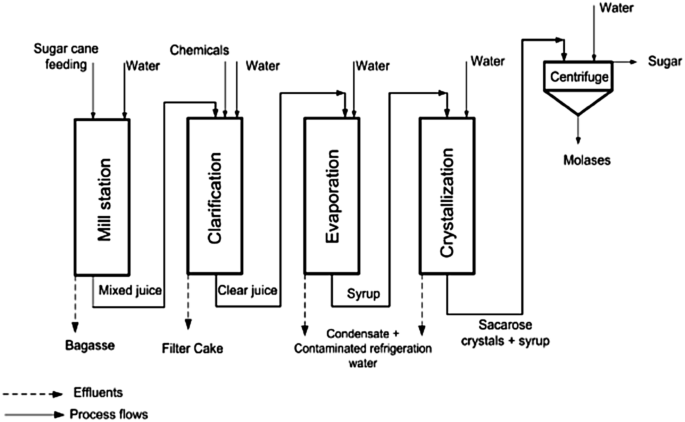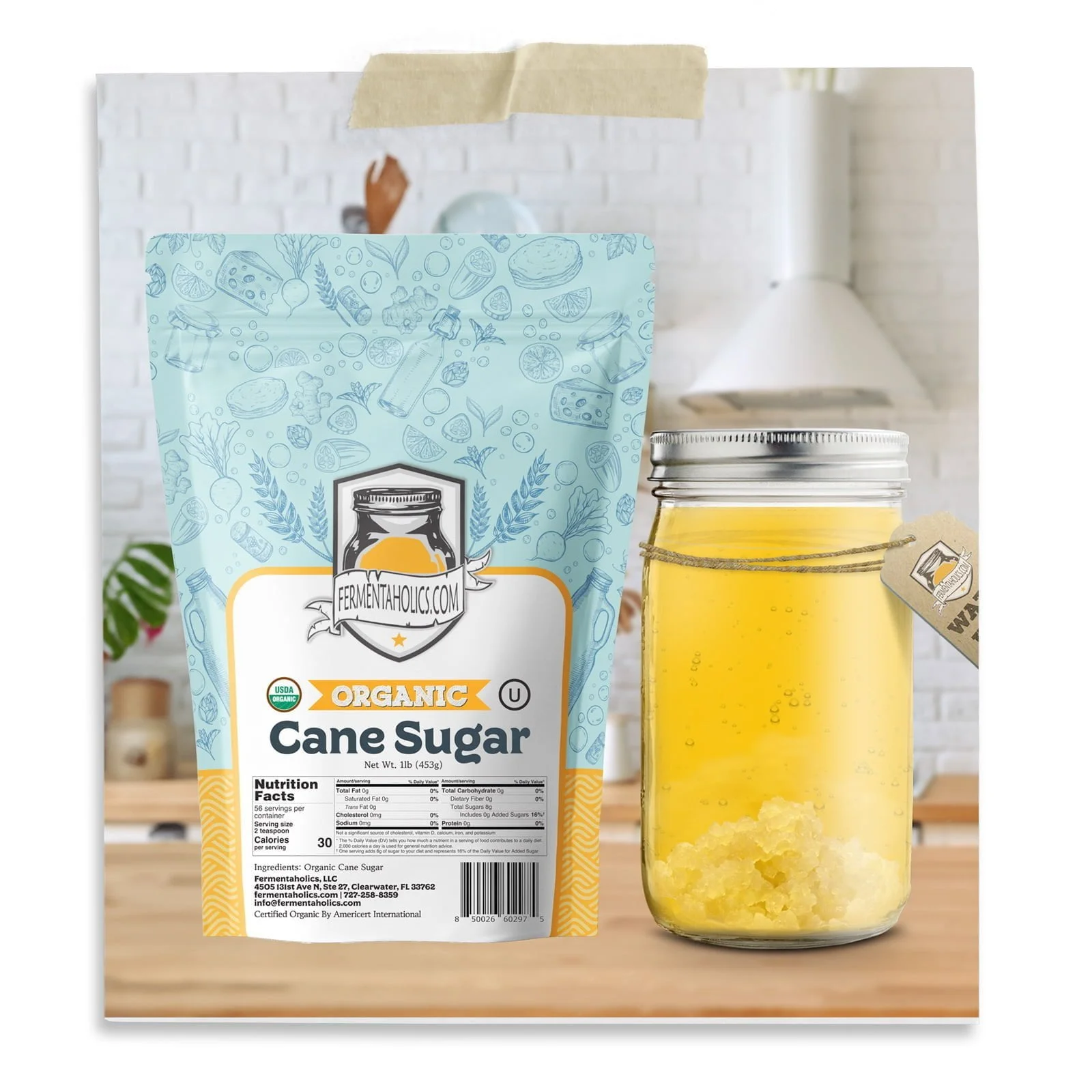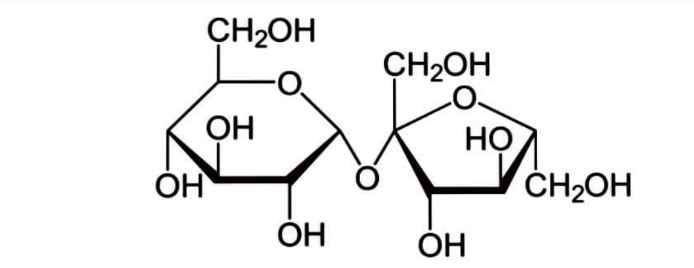What Is Sugar Cane Used For to Support Green Initiatives?
Wiki Article
Understanding the Diverse Functions of Sugar Cane in Farming and Manufacturing
Sugar Cane plays a vital duty in both farming and manufacturing. As a major money plant, it impacts economic climates in exotic areas. Its versatility extends beyond sugar manufacturing to biofuels and biodegradable materials. Additionally, sugar Cane farming promotes dirt wellness and biodiversity. The full scope of its contributions and potential in lasting methods stays to be explored. What innovative steps could enhance its function in future farming systems?The Agricultural Relevance of Sugar Walking Cane
Sugar Cane plays a crucial role in agriculture, adding considerably to the economic situations of lots of tropical and subtropical regions. This yard species thrives in cozy climates, calling for enough sunshine and water, making it an ideal plant for these locations. Sugar Cane is mostly grown for its high sucrose material, which functions as a vital resources for sugar production. Additionally, it plays a significant role in soil preservation by stopping erosion and boosting soil fertility via its growth cycles. Sugar cane's considerable origin system help in water retention, benefiting surrounding crops. The plant supports neighborhood communities by providing habitat and food for various wild animals varieties. Farmers often incorporate sugar Cane into crop turning systems, improving biodiversity and agricultural strength. The cultivation of sugar Cane not just meets local food demands however also promotes lasting agricultural methods, promoting lasting environmental health in farming neighborhoods.Economic Payments of Sugar Cane Farming
Although sugar Cane is usually neglected, its financial contributions are substantial, especially in creating countries where it offers as a crucial cash crop. The farming of sugar Cane generates considerable earnings for countless farmers, giving source of incomes and promoting country advancement. As a versatile crop, it sustains numerous markets, including sugar production, biofuels, and pharmaceuticals, as a result boosting neighborhood economies.Sugar Cane farming advertises work creation in farming industries, processing centers, and transportation networks. It additionally adds to fx earnings through exports, improving nationwide financial security. In areas such as Brazil and India, sugar Cane plays an essential role in agricultural exports, reinforcing trade balances.
Additionally, the crop's spin-offs, like bagasse and molasses, supply more financial chances, used in energy generation and pet feed. Therefore, the financial impact of sugar Cane extends past mere growing, affecting wider commercial and farming landscapes.
The Refine of Sugar Production From Walking Cane

The journey from sugar Cane to refined sugar involves numerous essential phases that highlight the complexity of sugar production. Originally, mature sugar Cane stalks are collected and delivered to processing centers. The Cane is after that crushed to remove juice, which includes a high focus of sucrose. This juice goes through information, where impurities are eliminated, frequently making use of lime and warm
Next, the made clear juice is vaporized to focus the sugar material. The resulting syrup is then subjected to formation, enabling sugar crystals to create. These crystals are separated from the remaining syrup via centrifugation and washed to get rid of any recurring molasses.
The last entails refining, where sugar crystals are further cleansed and blonde, resulting in the white granulated sugar frequently utilized in food items. This precise procedure emphasizes the intricate journey from raw Cane to the sugar that plays a necessary duty in numerous culinary applications.
Sugar Cane as a Resource of Biofuels
As passion in sustainable power sources grows, sugar Cane has actually become a substantial candidate for biofuel manufacturing. The plant's high sugar material makes it possible for efficient fermentation processes, transforming sugars right into ethanol. This biofuel acts as an eco-friendly alternative to nonrenewable fuel sources, minimizing greenhouse gas exhausts and promoting energy sustainability.Countries like Brazil have actually lengthy made use of sugar Cane for ethanol, developing extensive manufacturing infrastructure that supports both residential power needs and international export. The growing of sugar Cane for biofuel has actually additionally produced economic chances, especially in rural areas, where it produces work and sustains regional agriculture.
Sugar Cane biofuels can be incorporated right into existing gas systems, making them a practical option for moving away from typical power sources. As technological developments remain to enhance production efficiency, sugar cane's duty in biofuel growth is positioned to broaden, even more contributing to global efforts towards renewable official source resource fostering.
Ingenious Usages of Sugar Cane in Biodegradable Plastics
A growing variety of manufacturers and scientists are checking out innovative usages of sugar Cane in the production of naturally degradable plastics. Sugar cane, abundant in sucrose, can be processed to develop polylactic acid (PLA), a biopolymer that offers as a choice to petroleum-based plastics. This bioplastic can be utilized in numerous applications, including product packaging, disposable flatware, and agricultural movies.Using sugar cane-derived PLA offers several benefits, such as minimized dependence on fossil gas and the potential for lower carbon exhausts during production. Additionally, sugar cane's eco-friendly nature makes it an attractive choice in the pursuit for lasting materials. Recent innovations in processing techniques have actually enhanced the performance and cost-effectiveness of generating these bioplastics, promoting greater adoption in the marketplace. As the need for green options expands, sugar Cane stands apart as a useful resource in the change in the direction of greener production methods.
Environmental Benefits of Sugar Cane Farming

Furthermore, sugar Cane needs much less water contrasted to other crops, making it suitable for farming in deserts. Reliable use of crop deposits, such as bagasse, can minimize waste and give eco-friendly energy sources. Furthermore, sugar Cane farming can promote the facility of agroforestry systems, producing a synergistic partnership between plants and trees. These methods not only shield the atmosphere yet likewise advertise lasting farming methods, inevitably profiting local communities and ecological communities.
The Future of Sugar Cane in Sustainable Practices

Additionally, the possibility for sugar Cane to add to eco-friendly power resources is gaining traction. Biofuels originated from sugar Cane can significantly decrease carbon exhausts contrasted to nonrenewable fuel sources, straightening with international environment objectives. In addition, advancements in waste management permit the usage of spin-offs, additionally lessening ecological effect.
Research into drought-resistant sugar Cane selections is additionally underway, supplying strength versus climate change. As stakeholders across the sector accept these sustainable methods, sugar Cane is poised to play an important role in cultivating farming sustainability, ensuring its relevance in future markets and contributing favorably to ecological balance.

Frequently Asked Concerns
How Does Sugar Cane Affect Dirt Health And Wellness and Fertility?
The impact of sugar Cane on soil health and fertility is considerable. Its comprehensive origin system enhances dirt framework, while natural issue from rotting leaves adds vital nutrients, promoting general fertility and sustaining diverse microbial life.What Are the Labor Conditions for Sugar Cane Workers?
Labor conditions for sugar Cane workers vary widely, typically identified by long hours, low salaries, and moved here hazardous environments. Lots of face obstacles such Continue as lack of accessibility to health care and not enough protective steps versus unsafe problems.Can Sugar Cane Be Grown in Non-Tropical Environments?
Sugar Cane usually flourishes in tropical environments as a result of its heat and moisture requirements. Specific non-tropical regions may effectively grow it via details farming techniques, though yields and top quality might be considerably decreased.What Pests Typically Endanger Sugar Cane Crops?
Bugs harmful sugar Cane crops include the sugarcane borer, aphids, and nematodes. These organisms can considerably affect plant return, necessitating effective bug management methods to guarantee healthy and balanced growth and optimize farming efficiency.How Does Sugar Cane Growing Influence Local Communities?
The farming of sugar Cane significantly affects neighborhood communities by providing job opportunity, boosting financial development, and influencing social structures. Furthermore, it can cause environmental challenges, affecting agricultural practices and neighborhood health in the area.Sugar Cane is mainly grown for its high sucrose web content, which serves as a crucial raw product for sugar manufacturing. Farmers usually integrate sugar Cane into crop turning systems, boosting biodiversity and agricultural durability. The journey from sugar Cane to refined sugar entails a number of crucial stages that highlight the intricacy of sugar manufacturing. The final stage entails refining, where sugar crystals are further detoxified and blonde, resulting in the white granulated sugar commonly used in food items. The plant's high sugar material enables efficient fermentation processes, transforming sugars right into ethanol.
Report this wiki page